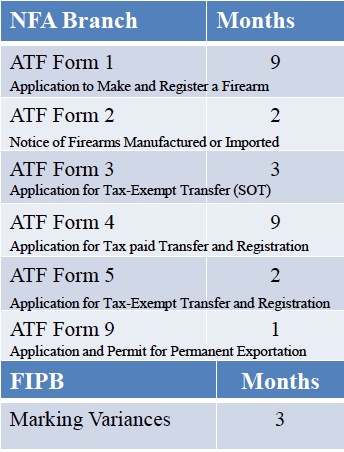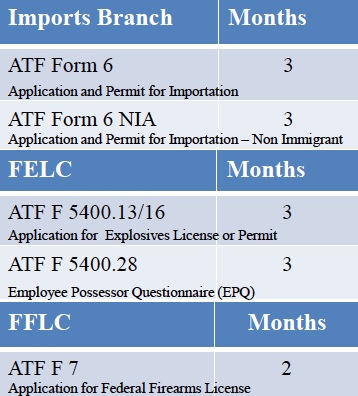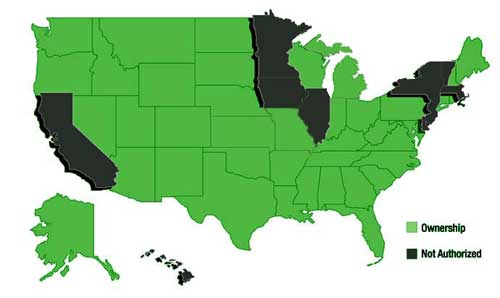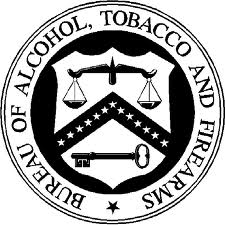
There are several type of Title II firearms which are sold by FFL dealers with a Class 3 SOT license. These items are restricted by the National Firearms Act as well as Iowa state law.
Each state can impose additional restrictions on the sale, purchase, and transfer of NFA firearms (Title II) in addition to the compliance that is required with the National Firearms Act.
In Iowa you can use a Gun Trust or NFA Trust to own the following items that are regulated the the National Firearms Act – (See the limitations below for NFA firearms except suppressors)
- Suppressors / Silencers (legal for civilian and individual ownership including Gun Trusts on 3/31/2016)
- Machine Guns*
- Other Weapon (AOW)*
- Destructive Devices (DD)*
- Short Barreled Shotguns (SBS)*
- Short Barreled Rifles (SBR)*
 NFA Gun Trust Lawyer Blog
NFA Gun Trust Lawyer Blog




 While a Gun Trust or other forms of ownership can allow you to purchase Silencers or other Title II firearms in states where they are legal, it is important to realize that just because you or a trust own a Silencer or other Title II firearm, you do not have the ability to take those items to states where they are illegal to possess.
While a Gun Trust or other forms of ownership can allow you to purchase Silencers or other Title II firearms in states where they are legal, it is important to realize that just because you or a trust own a Silencer or other Title II firearm, you do not have the ability to take those items to states where they are illegal to possess. This week I have received two trusts from potential clients who sent them in for review that were invalid. Even if ATF approved a Form 1 or Form 4 transfer to these trusts, anyone in possession of the TItle II firearms would be illegally in possession of them. Once person already had 3 items in their possession and 2 more on the way.
This week I have received two trusts from potential clients who sent them in for review that were invalid. Even if ATF approved a Form 1 or Form 4 transfer to these trusts, anyone in possession of the TItle II firearms would be illegally in possession of them. Once person already had 3 items in their possession and 2 more on the way.  Recently I was interviewed by Sheldon Gardner of the St. Augustine Record regarding an article about the sheriff deciding not to sign Form 4’s for TItle II transfers:
Recently I was interviewed by Sheldon Gardner of the St. Augustine Record regarding an article about the sheriff deciding not to sign Form 4’s for TItle II transfers: